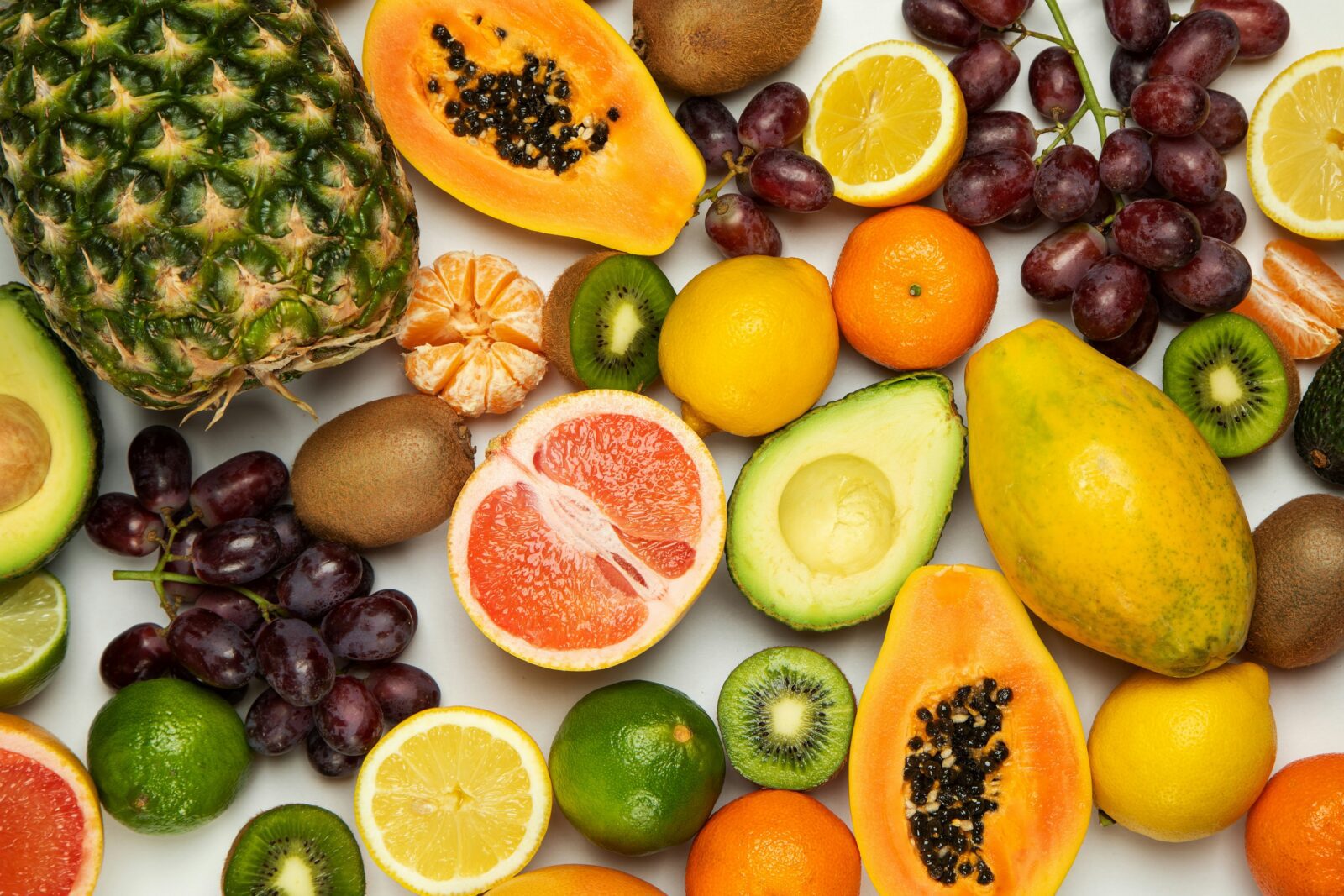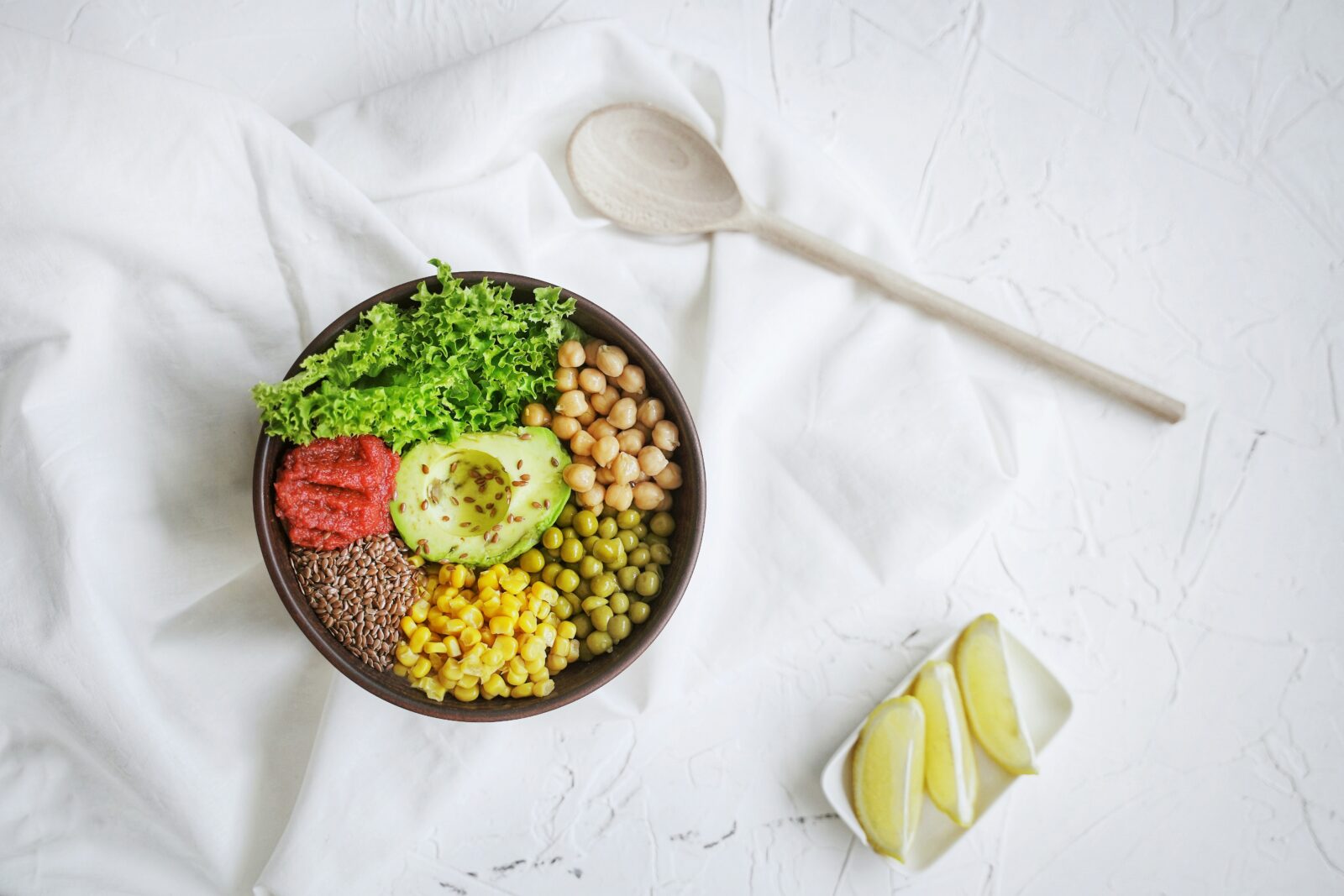
It doesn’t matter how healthy you eat if you’re constipated.
Excretion is quintessential for looking young and healthy, the appearance of youthful skin, energizing the body and healing from disease.
In the intricate symphony of bodily functions, the excretory system quietly plays the role of a silent hero, tirelessly working to eliminate waste and maintain the delicate balance within our bodies. Often overlooked, this vital system is fundamental to our overall health and well-being. Understanding the significance of the excretory system is the first step towards unlocking the secrets to a healthier and more vibrant life.
In this blog post, we embark on a journey to explore the profound importance of our excretory system and delve into five holistic ways to support it through the power of whole foods and wellness practices. From nourishing our bodies with nutrient-rich foods to adopting breathwork techniques that promote detoxification, we’ll uncover practical and sustainable approaches to enhance our health.
HYDRATION
Let’s dive into a topic that’s often underestimated – staying properly hydrated. Picture your body as a finely tuned machine, managing waste like an efficient process. Water takes the lead role, aiding the body in eliminating waste through processes like perspiration, urination, and even defecation. It’s not just water; including hydrating foods, such as fruits and veggies, adds a touch of balance to salts and helps eliminate toxins.

Ensuring sufficient fluid intake serves as a preventive measure against infections. Proper hydration flushes out toxins, bacteria, and excess minerals, reducing the risk of urinary tract complications, and contributing to kidney health. Dehydration can also throw a wrench into your metabolic system, particularly affecting the kidneys. This slowdown can lead to concerns like tissue breakdown in the kidneys. Consistent hydration is key to mitigating these effects and ensuring your metabolism runs smoothly.
Quality matters when it comes to liquids. Minimize alcohol and caffeine intake, as these can be dehydrating. Opt for pH-balanced purified water or mineral-rich spring water. Adding a splash of lemon not only introduces a subtle flavor but might also encourage increased water consumption. Determining your daily water intake is actually quite simple– take your weight in pounds, divide it by two, and you’ve your recommended daily ounces of water. This guideline supports the optimal functioning of your excretory system and contributes to overall well-being.
FIBER
Now, let’s turn our attention to the unsung hero of digestive harmony – fiber. This powerhouse plays a crucial role in keeping our digestive system functioning smoothly. Fiber has a remarkable ability to absorb water in the intestines, creating “bulk.” This bulk serves as a gentle push for the muscles in the digestive tract, aiding in the effective elimination of waste through defecation. It’s a collaborative effort, and it’s essential to ensure you’re sipping enough water while incorporating fiber into your diet.
A diet rich in fiber promotes healthy and regular bowel movements by increasing the size and weight of stools through water absorption. This makes it easier for the excretory system to pass waste, reducing the occurrence of constipation. A specific type of fiber, soluble fiber, serves as an effective blood sugar regulator. This type of fiber dissolves in water to form a gel-like substance. This type of fiber proves beneficial in lowering blood cholesterol and glucose levels, offering support to individuals at risk of developing type 2 diabetes. Soluble fiber is found in oats, peas, beans, apples, citrus fruits, carrots, barley and psyllium to name a few.

Fiber is also an amazing tool for losing or maintaining weight and keeping in shape. High-fiber foods are not only more filling but also take longer to eat. Additionally, they are generally less calorically dense, making them a smart choice for those aiming to control their caloric intake and stay satisfied for longer periods.
Wondering about the ideal daily fiber intake? For men under 50, it’s 38g, while women under 50 should aim for 25g. If you’re over 50, the target is 30g for men and 21g for women (now our Paleo ancestors consumed between 100 of fiber daily and up to 8 times the amount of vitamins, minerals and phytonutrients we consume today!!!). The best sources of fiber include fruits, vegetables, legumes, nuts, seeds, and whole grains. Whole foods are always the go-to choice, as overly processed options lack the fiber content found in their unaltered counterparts. Embrace the natural goodness of whole foods, providing not only fiber, but a rich array of essential minerals, vitamins, and nutrients that your body craves.
There are many delicious ways to incorporate fiber to create delicious and nourishing meals. Some recipe highlights from Goji Fitness include our French Lentil Salad, Butternut Squash or Carrot Soup, and Kale Roasted Sweet Potato Pomegranate Salad. In our upcoming program CLEAN START, there are five breakfast recipes, five lunch recipes, and six dinner recipes made up of predominantly raw and cooked fruits and vegetables, all packed with fiber-rich whole food ingredients!
MINERALS
Let’s get real about minerals and hydration in our bodies. Osmotic regulation oversees the balance of mineral salts and water contributing to the body’s equilibrium. Consuming minerals is like giving a nod to this natural balancing act, helping the body maintain its delicate stability.

Electrolytes are essential for maintaining optimal hydration, pH balance, muscle and nerve function, and supporting our excretory system’s smooth operation. Dehydration is usually the culprit behind electrolyte imbalances, leading to headaches, fatigue and constipation. It’s crucial to keep these minerals in check for your well-being and keeping things moving. Some of the most important electrolytes for hydration and health include magnesium, sodium, potassium, chloride, calcium, phosphorus, and bicarbonate. Magnesium takes the stage here, and truth be told, about 80% of Americans are running low on it. Magnesium deficiency can disrupt a variety of bodily processes, impacting blood sugar, exercise performance, brain function, heart health and elimination – to name a few.
For a magnesium fix, turn to real food – pumpkin seeds, chia seeds, almonds, spinach, and avocados. Find an abundance of recipes and nutrition support in our first program of 2024 CLEAN START. If you’re considering supplementing magnesium, discussing with your doctor is a smart move to see if this is necessary, and if you are a good candidate for these magnesium supplements.
MINDFUL MOVEMENT
Exercise plays a key role in enhancing blood flow, aiding the excretory pathways in flushing out toxins. But it’s not just about the sweat – deep breathing, whether through exercise or breathwork, takes detoxification to the next level. If you’re not already on the exercise train, start simple – a daily walk works wonders. But for those ready to level up, aerobic exercises like high-intensity interval training, cycling, swimming, hiking, or even dancing offer a heart-pumping, toxin-releasing experience. When we exercise, our increased breathing rate and enhanced blood flow give our lungs the opportunity to filter out these wastes. If you want help to become more consistent with exercise and join a community who comes together 4x a week online, check-out the Fit & Fab Classes (live or on-demand).

Breathing exercises, like belly breathing (or diaphragmatic breathing), guide your body to use more efficient breathing techniques. To try it out, focus on your belly, gently resting your hands there, and let the air flow in through your nose, inflating your belly. Exhale slowly, making it two to three times longer than your inhalation. Respiration is one of the body’s natural detox processes, involving the release of carbon dioxide and other gaseous wastes through breathing.
Yoga not only offers exercise benefits, but it also integrates breathwork seamlessly. Many yoga poses specifically aid digestion and elimination, giving your excretory system a double dose of support. During the CLEAN START program, kicking off January 27th, there will be five live yoga sessions focusing on digestive health and elimination. Here is a flow you can incorporate on your own as well, including five simple poses to support your excretory system:
Check our simple yoga flow video with 5 poses on instagram.
HEALTHY GUT BACTERIA
Let’s take a deep dive into the incredible partnership between our digestive and excretory systems. An essential player in this symphony is maintaining a healthy gut, where a thriving microbiome sets the stage for regular bowel movements and minimizes bloating. The secret? Introducing healthy gut bacteria through the consumption of fermented foods.
Our gut bacteria dance to the tune of the foods we eat. Opting for a diverse array of fresh, plant-based, whole food ingredients is non-negotiable. Foods rich in fiber also play a crucial role in developing healthy gut bacteria, influencing the digestion and absorption of nutrients, stool quality, and the efficiency of defecation. Specifically, prebiotic fibers act as fertilizer for our gut microbiome. Leeks, onions, garlic, legumes like chickpeas and lentils, various whole grains, and nuts are stellar sources of prebiotic fiber, fueling the growth of healthy bacteria in the gut.
Aim to include at least thirty different types of diverse plant foods in your weekly meals, keeping them as close to their natural state as possible. Polyphenol-rich foods also play a starring role in fostering healthy gut bacteria. Think herbs, spices, colorful plant foods, nuts, seeds, green and black tea, and yes, even dark chocolate – these are all excellent sources of polyphenols. And last but certainly not least, fermented foods. These nutritional powerhouses have their sugars broken down by yeast and bacteria, providing an abundance of healthy bacteria for your gut. Kimchi, sauerkraut, kombucha, and tempeh are fantastic plant-based options to incorporate into your diet. While the best route to a happy gut is through the foods we consume and lifestyle choices, sometimes a probiotic supplement can be a helpful ally with personalized advice from a doctor.

Sources:
https://core-docs.s3.amazonaws.com/documents/asset/uploaded_file/307497/chap_14.pdf



